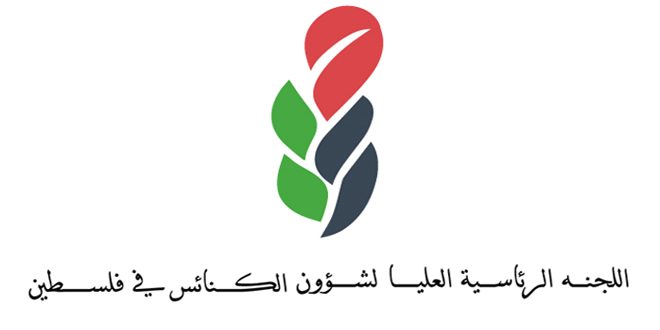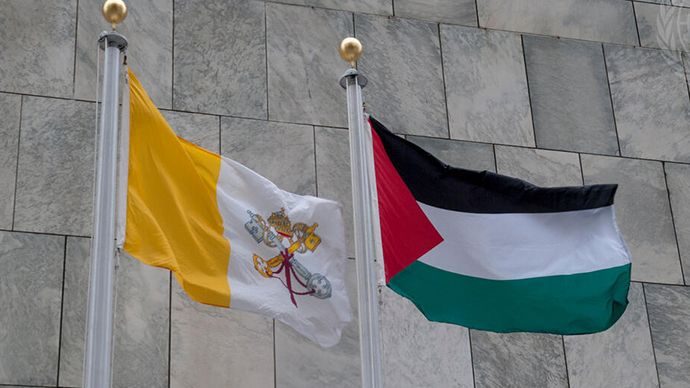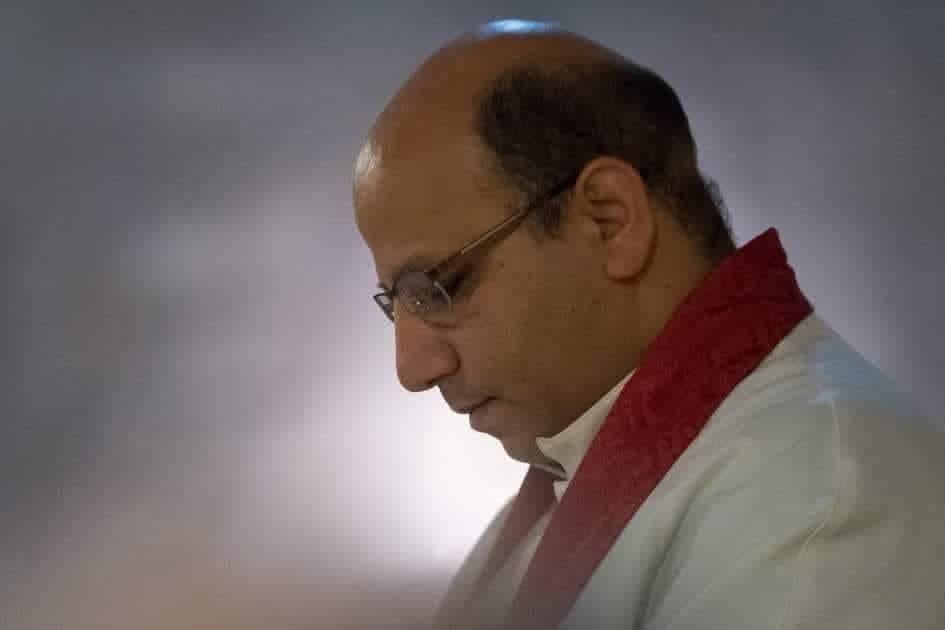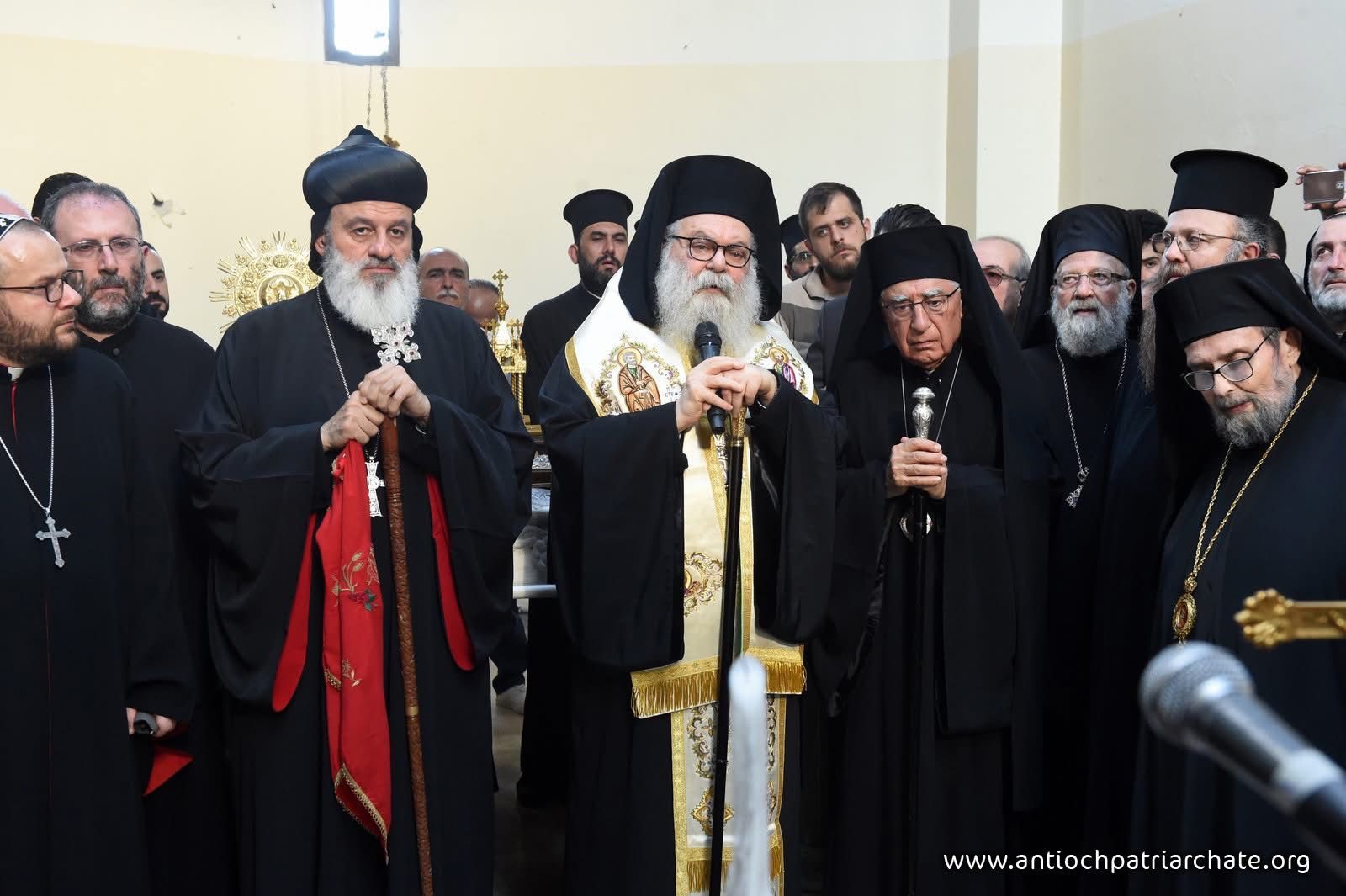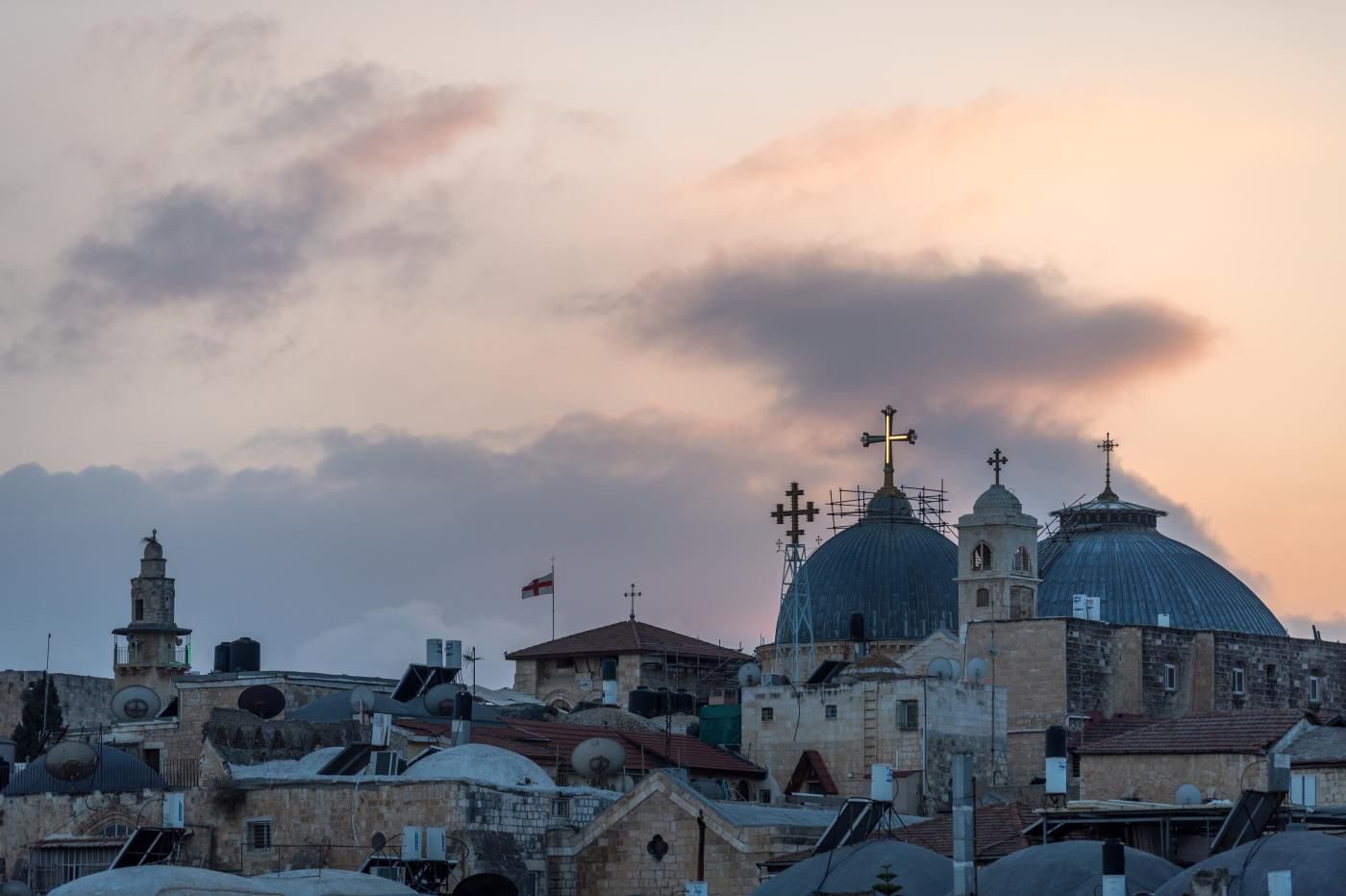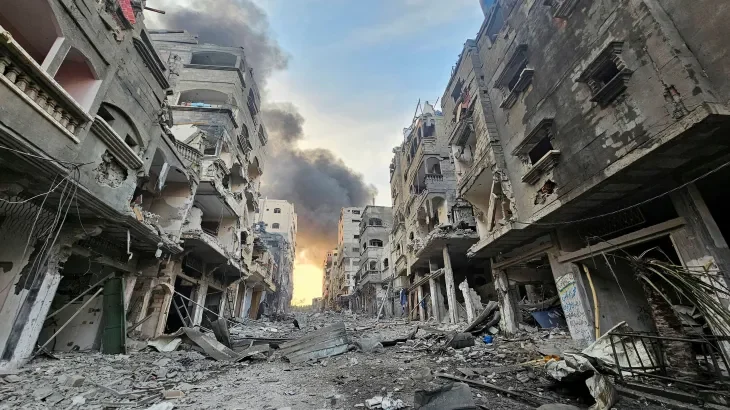Member of the PLO Executive Committee and Head of the Higher Presidential Committee for Church Affairs in Palestine, Dr. Ramzi Khouri, has sent an urgent appeal to church leaders and Christian institutions worldwide, calling attention to the profound and harmful impact of two recent Israeli Knesset laws targeting the United Nations Relief and Works Agency for Palestine Refugees in the Near East “UNRWA”. These laws ban the activities of UNRWA and prohibit any engagement with the agency, severely impacting millions of Palestinian refugees’ rights and welfare.
In identical letters, the Committee emphasized that these laws go far beyond political maneuvering and represent a direct affront to the United Nations and its humanitarian agencies. The actions taken by Israel not only threaten the long-standing right of return for Palestinian refugees but also violate the ethical and legal obligations upheld by the international community. The Committee calls on religious institutions worldwide, in line with their commitment to justice and humanity, to stand against these decisions.
The letters highlight the unprecedented nature of these laws, marking the first instance in UN history in which a UN permanent member state has banned the operations of an international organization, in blatant violation of the UN Charter and terms of membership.
The Committee warns that this unlawful restriction gravely undermines UNRWA’s mandate under UN Resolution 302 of 1949, jeopardizing critical services and support to millions of Palestinian refugees, particularly in Gaza, who face genocide, starvation, forced displacement, and ethnic cleansing. It further endangers Palestinians in the occupied West Bank, including Jerusalem, who suffer under criminal Israeli policies of shoot-to-kill, displacements, blockades, and ethnic cleansing carried out by the occupation forces and settler gangs.
The letters outline the immediate and devastating impact on UNRWA’s essential health, educational, relief, and social services in the occupied Palestinian territories. In occupied Jerusalem alone, 17 UNRWA facilities serve over 200,000 refugees, while 96 schools in the West Bank and Jerusalem serve nearly 49,000 students. In Gaza, 284 schools service 298,000 students, while healthcare is provided through 43 health centers in the West Bank and Jerusalem, along with 22 centers in Gaza, offering critical services to vulnerable communities.
In response to this escalation, the Committee has called upon churches and their institutions worldwide to take a firm stand against these laws, which deepen the existing humanitarian crisis. It also urges them to approach their governments for immediate intervention to ensure the continuity of UNRWA’s services, as these are vital to the stability of the region and support more than 5.9 million Palestinian refugees.
The Committee further appealed to church leaders to pressure their governments to maintain political and financial support for UNRWA. It emphasized the need for these governments to compel Israel to revoke these detrimental laws, highlighting that UNRWA’s role and mandate cannot be fulfilled and replaced by other organizations.
Additionally, the Committee encouraged these churches to amplify their outreach within the international community, sending a unified message of solidarity with UNRWA to key organizations such as the United Nations and the European Union. A coordinated response is essential to counter these actions that violate all standards of ethics and humanity.
The Committee concluded its appeal by reaffirming the inalienable right of Palestinian refugees to return as outlined in UN Resolution 194, noting that this right cannot be diminished by time or occupation. It affirmed that UNRWA will continue its operations in all its designated areas until the refugee issue is resolved per international law.

